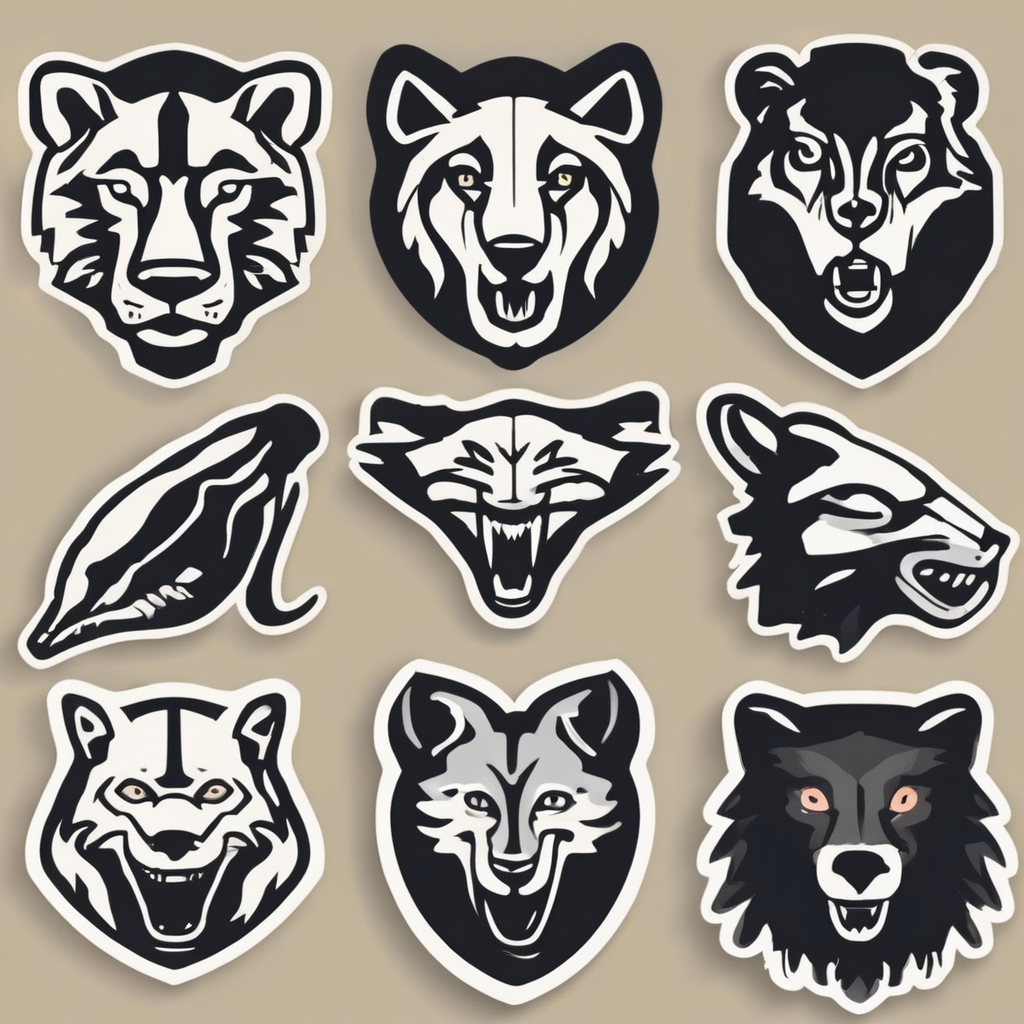Lizards are fascinating creatures that captivate the hearts of reptile enthusiasts worldwide. Among the most popular are bearded dragons and leopard geckos, each with unique behaviors and dietary needs. However, if your beloved lizard refuses to eat, it can be a cause for concern. Such behavior may signal underlying issues requiring immediate attention. In this article, we’ll explore everything you need to know about feeding your lizard and what steps to take if your reptile pet stops eating. Let’s dive into the world of dragons and geckos to discover how to keep them healthy and happy.
Understanding Your Lizard’s Natural Diet
Before diving into the reasons behind your lizard’s refusal to eat, it’s essential to understand its natural diet. Bearded dragons and leopard geckos are the most common pet lizards, and their dietary preferences differ significantly.
Additional reading : The Definitive Guide to Nurturing Orphaned British Robins: Expert Tips and Proven Care Techniques
Diet of Bearded Dragons
These dynamic reptiles are known for their varied diet, which includes insects, vegetables, and fruits. In the wild, they feed on a plethora of insects such as crickets, mealworms, and cockroaches. As herbivores, they also enjoy leafy greens like kale, collard greens, and dandelions. Occasionally, they nibble on fruits like blueberries or apples, though these should be limited.
Also read : Protecting Raptors: How UK Drone Rules Shield Nesting Birds from Disruption
Diet of Leopard Geckos
Unlike their bearded counterparts, leopard geckos are primarily carnivorous and rely on a diet rich in insects. Crickets, mealworms, and waxworms form the bulk of their meals. It’s crucial to ensure these insects are well-fed before offering them to your gecko. Vegetables and fruits are not part of their diet, as their digestive system isn’t designed to process plant matter.
By understanding these dietary preferences, you can better cater to your pet’s needs, ensuring it receives the right balance of nutrients.
Reasons Your Pet Lizard May Refuse to Eat
Understanding the root cause of your lizard’s loss of appetite is crucial. Several factors can contribute to this behavior, ranging from environmental stress to health concerns.
Environmental Factors
One of the most common reasons for a reptile’s refusal to eat is its habitat. Lizards are sensitive to changes in their environment, and even minor alterations can cause stress. Ensure that your pet’s enclosure maintains the ideal temperature and humidity levels specific to its species. For example, bearded dragons require a basking area of around 95-110°F, while leopard geckos thrive at 80-90°F during the day.
Health Concerns
Loss of appetite in reptiles can also indicate underlying health problems. Parasitic infections, respiratory illnesses, or impaction from ingesting substrate can deter a lizard from eating. If you suspect any health issues, it’s advisable to consult a veterinarian specializing in reptiles.
Dietary Changes
A sudden change in diet can sometimes lead to food refusal. If you’ve recently switched food brands or introduced new items, your lizard might need time to adjust. Gradually introducing the new diet can help alleviate this issue.
Steps to Take When Your Lizard Refuses to Eat
Once you’ve identified the potential cause of your lizard’s food refusal, it’s time to take action. Here are practical steps to encourage your pet to eat.
Assess and Adjust Their Environment
Start by re-evaluating the conditions within your lizard’s habitat. Check the temperature and humidity levels, ensuring they meet your pet’s needs. Provide adequate UVB lighting, which aids in digestion and overall health. Regularly clean the enclosure to prevent bacteria build-up that could affect your pet’s well-being.
Introduce Familiar Foods
If your lizard hasn’t been eating due to a dietary change, reintroduce familiar foods. Offer their favorite insects or greens to stimulate their appetite. Remember to dust insects with calcium and vitamin D3 supplements to prevent deficiencies.
Seek Veterinary Care
If environmental and dietary adjustments don’t resolve the issue, seek professional help. A veterinarian can perform diagnostic tests to identify any underlying health concerns. Prompt intervention is essential to prevent complications.
Ensuring a Balanced Diet for Long-Term Health
Maintaining a balanced diet is vital for the long-term health and vitality of your pet lizard. Providing a varied and nutritious diet ensures their happiness while preventing future health issues.
Diversify Their Diet
For bearded dragons, prioritize a mix of insects, leafy greens, and occasional fruits. Rotate the types of insects offered to avoid monotony and ensure comprehensive nutrition. For leopard geckos, focus on a nutrient-rich diet of diverse insects.
Monitor Feeding Habits
Keep a close eye on your lizard’s eating habits over time. Note any changes in appetite or behavior. Regular monitoring allows you to respond quickly to problems and provides valuable information for your veterinarian.
Keep Learning
The world of reptile care is vast and constantly evolving. Stay informed about the latest care techniques and nutritional discoveries. Joining forums and groups of reptile enthusiasts is an excellent way to learn from others’ experiences.
Caring for a pet lizard is an enriching and rewarding journey. When faced with challenges like food refusal, it’s crucial to understand your lizard’s needs and the potential causes. By providing a supportive environment and a balanced diet, you’ll help your pet thrive.
If in doubt, consulting a veterinarian specializing in reptiles can provide peace of mind and ensure your beloved pet’s health. Remember, the key to resolving any feeding issue lies in observation, responsiveness, and knowledge of your lizard’s specific requirements. With the right approach, your bearded dragon or leopard gecko will remain a fascinating and cherished companion.
